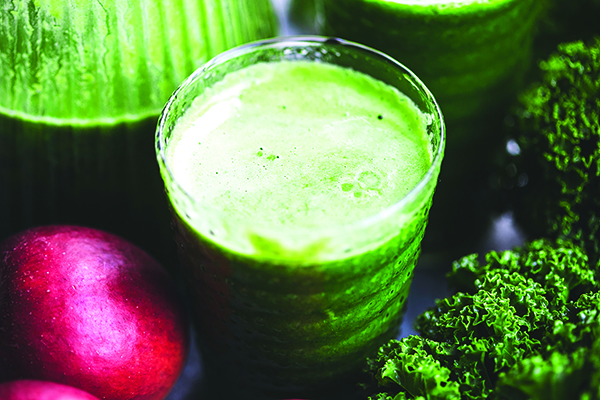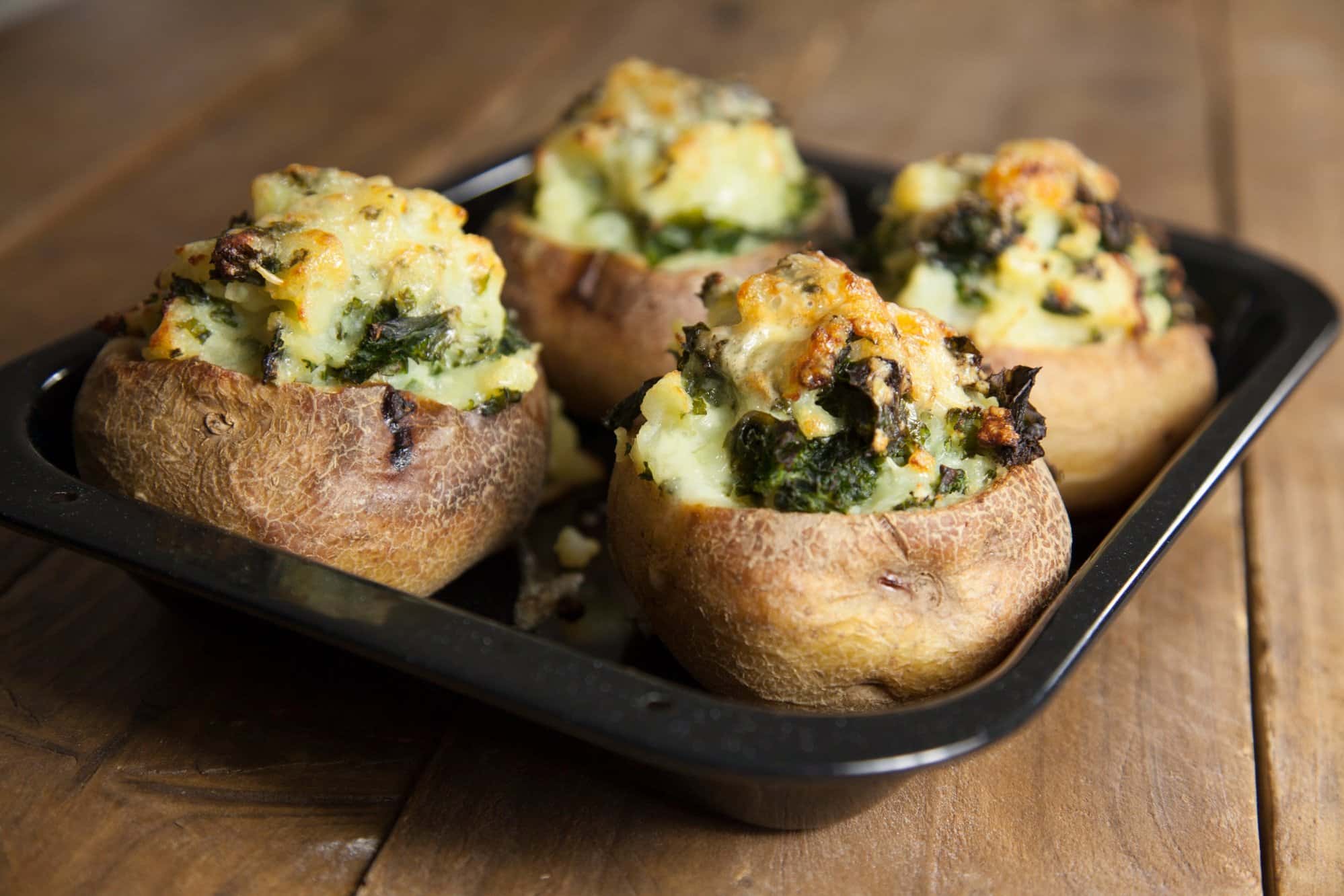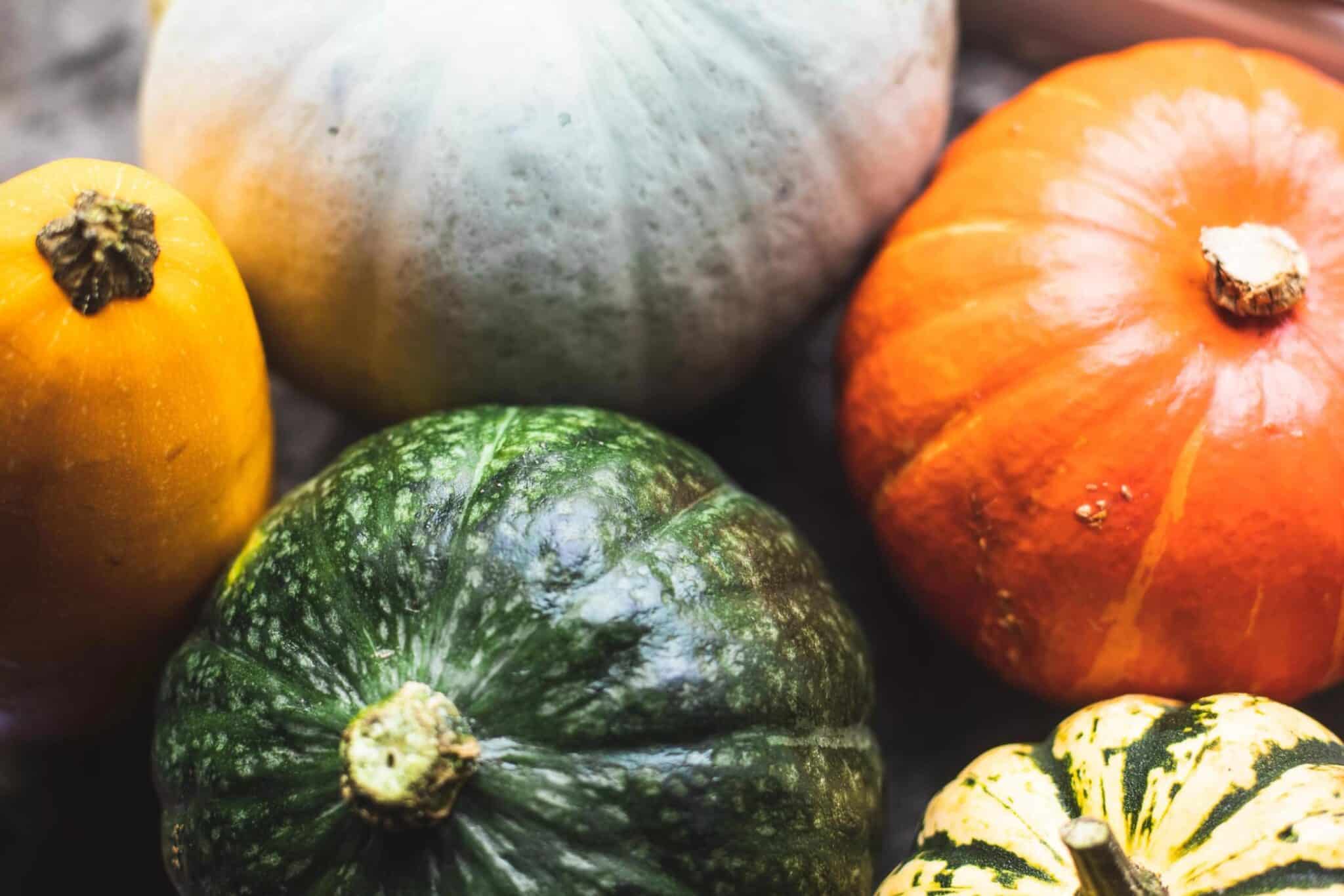It’s easy to get into a rut with what we eat, but the New Year is naturally a time to reset and renew. This year, it seems even more important as the global pandemic has changed habits in how we shop and eat, with more cooking from scratch and a growing awareness of the connection between us, our diet, and the wellbeing of our planet.
There is seemingly infinite choice in the supermarket but most foodstuffs on the shelf are made of identical ingredients. 75 per cent of the calories we consume come from just 12 crops and five animal species, according to the United Nations Food and Agriculture Organisation.
Our hunter-gatherer ancestors’ diet was actually 20 times more diverse; we eat only 0.06 per cent of edible plant species, and only around a quarter of folks eating a western diet eat even the basic minimum recommended ‘five a day’ veg.
We can create a better food system by some shifts in our choices, while nourishing our bodies at the same time. Here are some simple, pleasurable ways to refresh your mealtimes and bring something new to the table:
Aim to eat a more diverse range of fruit and veg
Better for our health and the environment, and great for your gut microbiome, which plays a key role in immunity. Eating with the seasons increases variety, marks out the changing year and adds excitement to your plate. Look for unusual heritage veg, small scale growers, slow grown organic food. Top tip: Weekly changing veg box schemes are great for this.
Set the scene
Renew how you eat – ditch TV dinners and make time for good meals, taking a little longer to eat and digest. Creative table settings are an emerging trend and a lost art that is being re-established as an opportunity to create a beautiful, calm meal space. This is especially useful if your dining table is also your workspace during the day.

The art of ‘slow food’
With more time at home, many have reconnected with the art of ‘slow food’. There has been a huge upsurge in preserving, pickling, baking and fermenting. It is empowering to know exactly what is in your food, plus it cuts out unnecessary packaging and food additives. Cooking from scratch is a great opportunity to expand your recipe repertoire, exploring new textures and flavours.
Embrace flexibility
Having the confidence to experiment and swap or adapt recipes to suit what we have in the store cupboard gives much more flexibility, with fresh seasonal produce providing variety. Think of recipes as a guide from which to learn about new techniques and flavour combinations, rather than following ingredients as an exact list. Run out of squash? If you are grating it, replace with carrots. Spring greens, kale, spinach and Swiss chard will all wilt down in a similar way, while carrots, squash, parsnips and sweet potato will roast with similar results.
Seek out simple, healthy ingredients and save money
We think of takeaways as being cheaper, but the cost of fish and chips for four is around £30 – more than a week’s worth of organic veg! It is easy and economical to make healthier DIY versions of your favourite food-to-go at home, containing much less fat, salt, and sugar and more of the good stuff. Batch cook and freeze in portions for healthy ready meals on busy days.
Seasonal stars for January
January and February may seem bleak after the sparkle and excess of Christmas feasting, but the key to enjoying this season’s food more is to enjoy the calm and explore new ways of cooking winter veg. Try these recipes to make the most of winter seasonal stars:
Cauliflower and coconut laksa with kale and rice noodles

With aromatic lemongrass, fiery ginger and creamy coconut milk this turns the humble and sometimes neglected cauli into a vibrant winter dish. The leaves and stalks are edible too so do save them and use to make vegetable stock. Find the full recipe here.
Harissa falafels with spiced beetroot, kefir dressing and pittas

In place of the usual summer accompaniments of cucumber and tomatoes, here is an earthy and sweet beetroot preparation. The dressing is made with kefir similar to yoghurt in taste, and it’s fermented so contains plenty of beneficial bacteria. For the full recipe, click here.
Kale Caesar salad

A twist on this classic salad recipe with a hit of mineral rich leafy goodness, created by James Dodd, head chef at The Field Kitchen. Leaving the salad to sit for 15 minutes before serving allows the acidity to take away the raw taste and texture from the kale. This makes a wonderful seasonal salad out of UK winter greens when summer leaves aren’t around. Find the full recipe here.
This article was initially published in the latest print issue of Wicked Leeks. You can read the full magazine online and for free via Issuu.















0 Comments